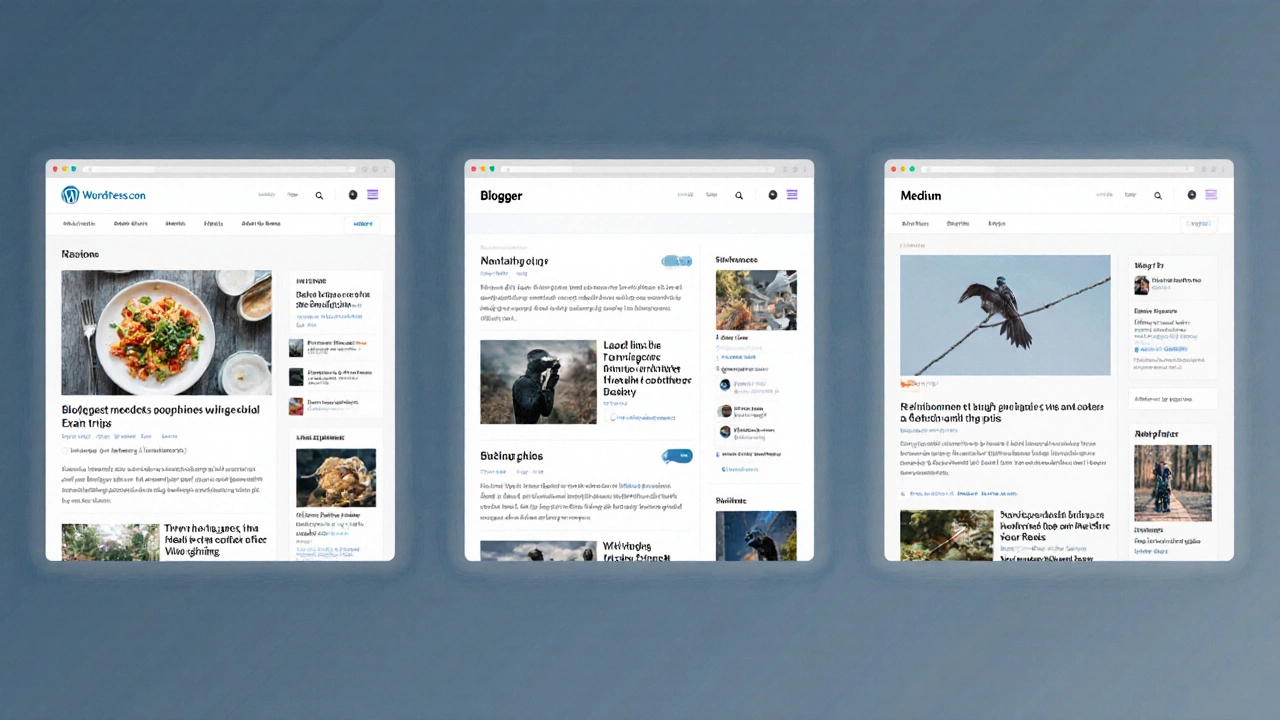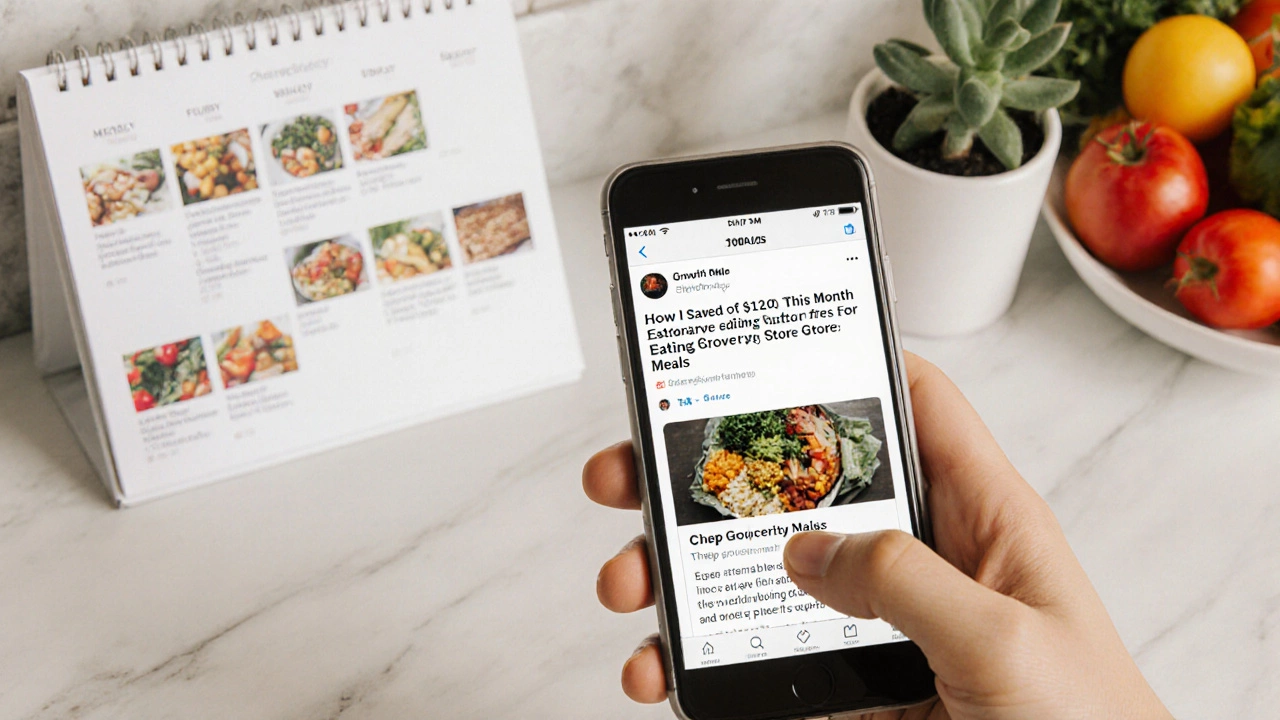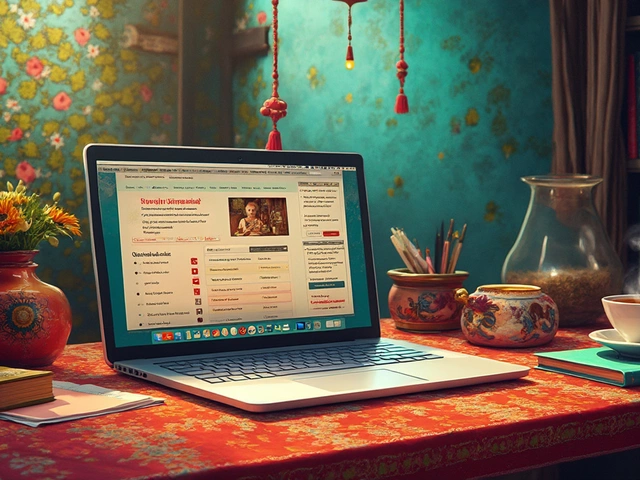Free Blog Platform Selector
Find your ideal free blogging platform based on what matters most to you. Answer these questions to get a personalized recommendation.
Your Best Match
Why this platform works for you:
Platform Comparison
WordPress.com
- Professional templates
- Automatic security updates
- Basic SEO tools
- Ads on free plan
- Limited storage (3GB)
Blogger
Blogger (by Google)
- Simple setup
- Google Analytics integration
- Free ad revenue
- Limited customization
- Basic design options
Medium
Medium
- Built-in audience
- No hosting required
- Simple writing interface
- No ownership of content
- Limited monetization
Want to start a blog but don’t want to spend a cent? You’re not alone. Thousands of people begin blogging every month with zero budget-and many of them never upgrade. The truth is, you don’t need to buy a domain, pay for hosting, or hire a designer to get started. All you need is a clear idea and five minutes to sign up.
Choose a free blogging platform that actually works
Not all free blogging sites are created equal. Some feel like digital prisons with locked features, ugly templates, and ads you can’t remove. Others let you build something professional-even if you’re just starting out.
Here are the top three free platforms that real people use in 2025:
- WordPress.com - Offers a free subdomain (yourblog.wordpress.com), 3GB storage, and basic themes. It’s the most trusted name in blogging and handles security and updates automatically.
- Blogger (by Google) - Simple, reliable, and completely free. Integrates with Google Analytics and AdSense. Perfect if you want to write and forget about tech stuff.
- Medium - Not a traditional blog, but a publishing platform where your writing gets seen by millions. Great for building an audience fast, but you don’t own your content or domain.
For most beginners, WordPress.com is the best starting point. It’s flexible, looks professional, and gives you room to grow. If you ever decide to move to self-hosted WordPress later, you can export your content without losing anything.
Pick a niche that matters to you
Don’t try to blog about everything. That’s how people burn out. Instead, pick one small thing you know well-or one thing you’re curious enough to learn about.
Think about what you talk about when you’re hanging out with friends. What problems do you solve for people around you? What do you wish someone had explained to you a year ago?
Here are real examples of successful free blogs started in 2024:
- A single mom in Perth writing about budget meals under $5 per serving
- A high school student in Brisbane sharing study hacks for VCE exams
- A retired teacher in Adelaide documenting local birdwatching spots
You don’t need to be an expert. You just need to be one step ahead of someone else. Your first 10 posts don’t need to be perfect. They just need to be real.
Set up your blog in under 10 minutes
Here’s how to get started on WordPress.com:
- Go to wordpress.com and click "Start Your Website"
- Choose "Blog" as your site type
- Enter a name for your blog (e.g., "MyBudgetMeals"). WordPress will suggest a free .wordpress.com address
- Create a password and sign up with your email
- Click "Create Site" and you’re in
That’s it. No credit card. No hidden fees. No upsells. You now have a live blog.
Next, go to "Appearance" > "Themes" and pick a clean, simple theme like "Blossom Pin" or "Twenty Twenty-Four." Avoid flashy designs. You want your words to stand out, not the layout.

Write your first post-no pressure
Your first post doesn’t need to go viral. It just needs to exist.
Open the editor. Type a title like: "How I Saved $120 This Month Eating Only Grocery Store Meals". Then write like you’re texting a friend. Tell your story. Share your mistakes. Include a photo from your phone. That’s it.
Don’t overthink SEO yet. Don’t worry about keywords or meta descriptions. Just write something useful or interesting. If you’re stuck, answer this question: "What did I learn this week that someone else might find helpful?"
Most people never publish their first post because they think it has to be amazing. It doesn’t. It just has to be yours.
Grow your audience without ads or paid promotion
Free blogs don’t get traffic from magic. They get it from consistency and connection.
Here’s what actually works in 2025:
- Share your posts in one Facebook group or Reddit thread related to your topic
- Reply to three comments on other people’s blogs in your niche
- Ask a friend to read your first post and give honest feedback
- Use your blog name as your social media handle everywhere (Instagram, Twitter, etc.)
Don’t chase 10,000 visitors in a month. Aim for five real readers who say, "This helped me." That’s how blogs grow-not through algorithms, but through trust.

What you can’t do on free blogs (and how to work around it)
Free platforms have limits. Here’s what you’ll run into-and how to handle it:
- No custom domain - You’ll have a URL like yourblog.wordpress.com. That’s fine for now. You can buy a custom domain later for under $10/year.
- Ads on your site - WordPress.com shows ads on free plans. You can’t remove them. But if you’re just starting out, most readers won’t notice or care.
- Limited storage - 3GB sounds small, but it’s enough for 100+ text posts with a few photos. If you start uploading videos or high-res images, you’ll need to upgrade later.
- No plugins - You can’t install tools like SEO plugins or email list builders. Use built-in features instead: WordPress.com has a free email newsletter tool.
These aren’t deal-breakers. They’re starter limits. Think of them like renting an apartment before buying a house. You’re learning the basics before investing.
When to upgrade (and when not to)
Most people upgrade too soon. You don’t need to pay until:
- You’re posting weekly and hitting your storage limit
- You want to remove ads and add your own branding
- You’re ready to sell something (ebooks, courses, services)
- You’ve built an audience and want to own your traffic
If you’re just testing the waters, stay free. There’s no rush. Many bloggers stay on free plans for years-and still make money through affiliate links or freelance gigs.
The goal isn’t to buy your way to success. It’s to build something people care about. That part costs nothing.
Real results from real people
In 2024, a 17-year-old in Melbourne started a free blog called "StudyHacks for Teens" on WordPress.com. She posted once a week about how to stay focused during online classes. After six months, she had 8,000 monthly visitors. She didn’t pay for anything. She didn’t run ads. She just kept writing.
That same blog now earns her $300/month through affiliate links to study tools she actually uses. She didn’t start with a plan to make money. She started because she wanted to help.
That’s the pattern. Free blogs don’t fail because they’re free. They fail because people give up too early.



